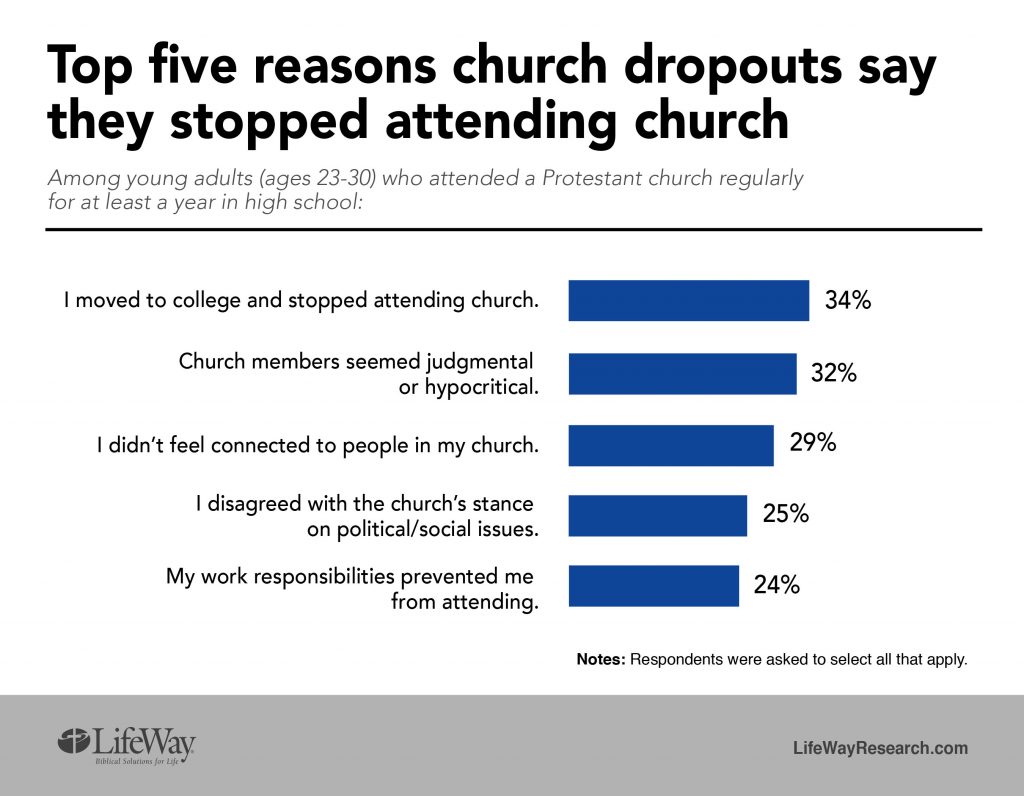
Churches are taking a financial hit as they confront the challenges of the COVID-19 pandemic. The greatest challenge for many churches is the inability to hold gatherings due to public health concerns. Although many churches have transitioned to online services and financial giving, they have not been as effective as in-person services and giving. Several churches may be on the brink of closure. Some tips can help churches mitigate financial hardships.
1. Lower operating expenses
Operating expenses are those incurred to keep churches running. These include property expenses and staff wages. Every church has different needs and operating expenses. Reducing expenses is necessary for preserving a church’s financial strength. Churches should eliminate non-essential expenses and reduce essential costs as much as possible.
Many churches have subscriptions to several services. Because most churches are not meeting physically during the pandemic, several subscriptions and services might not be needed. Determine which subscriptions and services are necessary for the survival of your church and eliminate the remaining. It is a good idea to ask yourself whether live streaming from your church building is worth the expense.
Generally, it is less expensive to live stream church Bible studies and services from your home than in a commercial building. This is because commercial buildings typically have higher utility expenses. Saving money should be your priority. If it is not necessary to stream from your church or a commercial building, then stream from your home. Your church might just save more and will have more funds to relaunch or re-open once the pandemic is over.
For churches leasing properties, negotiating a temporary lower lease payment may be helpful. Landlords are more receptive to helping their tenants now more than ever because this pandemic is affecting everyone. Landlords do not profit from vacant commercial buildings.
If your church is suffering substantial financial loss, it might be a good idea to consider sharing church buildings with other churches of a similar faith to share the cost. This option might be better than having no building to meet once the pandemic is over. Several churches have mortgages and salaries to pay and might be receptive to the idea of sharing with proper planning and coordination.
Finally, considering lowering wages for staff. Before reducing payments, talk to your team. Mutual communication is essential during this crisis. Some members of your staff might have a greater need than others. Assess staff needs and make wage cuts after identifying the impact on everyone.
2. Plan for the worst-case scenarios
While there may be indications that the pandemic might last a few months, timelines are not certain. Preparing for a long term crisis is essential. Ask yourself, what do we have to do to survive during an 18-month crisis or longer? Even after the pandemic is over, it can take months to years to recover and get back to normal.
3. Spend time planning the re-opening and relaunching
After basically shutting down your church for some time, it might be a good idea to consider the re-opening of your church as a relaunch. Take this pandemic experience as an opportunity for improvement and change. Set specific goals you want to achieve in the short and long term once you start gathering again. Re-assess your mission, budget, evangelistic strategies, marketing, leadership structure, programs, and any factor that might be important to the relaunching and success of your church.
4. Apply for all financial assistance available
There are resources and funds available for churches. Do your research. The U.S. Small Business Administration’s (SBA) website is an excellent place to start. The SBA provides low-interest disaster loans to help businesses, and some churches may qualify.



